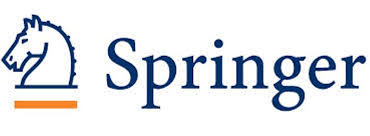Based on the 15-years successful history of EOMAS editions and its cooperation with CAiSE the MOBA Workshop maintains its identity (the modelling aspect), reshaping the focus and research methods on organizational and business agility.
A generic notion of agility as a capability to rapidly response to changes and to reduce uncertainty by an increment-based way, became critically important for all stages of the life cycle of modern IT systems. Although methodological principles and practical tools of agility were adopted in practice of multiple organizations for improving their services and incremental design of better products, there is ever growing challenges that need scientific inquiry, research, and rigorous solutions.
Addressing such challenges MOBA workshop aims at growing a multi-disciplinary community of researchers and practitioners, which will consolidate their efforts in detecting, modeling, improving and disseminating best agility practices and theories. Different agility phenomena will be studied from a systemic viewpoint, distinguishing endogenous agility inside an organization and the exogenous one as business connections with external parties. Common principles of model-driven research and engineering of organizational or technical artefacts will guarantee consistency and interoperability of the results obtained.
MOBA invites to submit the research results on the following topics:
-
Business and Organizational Agility: foundations and definition
-
Practical modelling and developing agility
-
System and Design Thinking
-
Agile development and digital transformation
-
Semantic interoperability in an agile world
-
Business rules modeling
-
Information Systems modeling
-
Teaching Model-driven Lean-Agile Practices
In order to model and study organizational and business agility in a system context we inevitably should join together most of research themes which we have been developing before in the scope of EOMAS, like enterprise architecture, semantic interoperability, model-driven design of information systems, models validation, business value co-creation.








